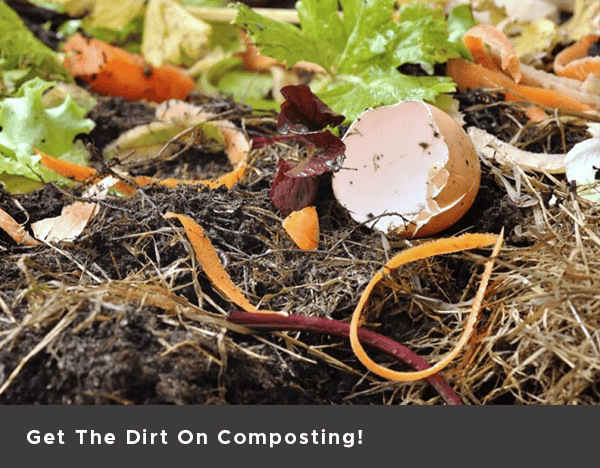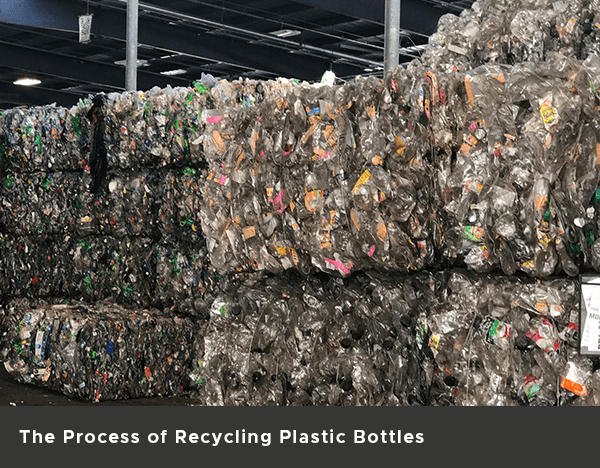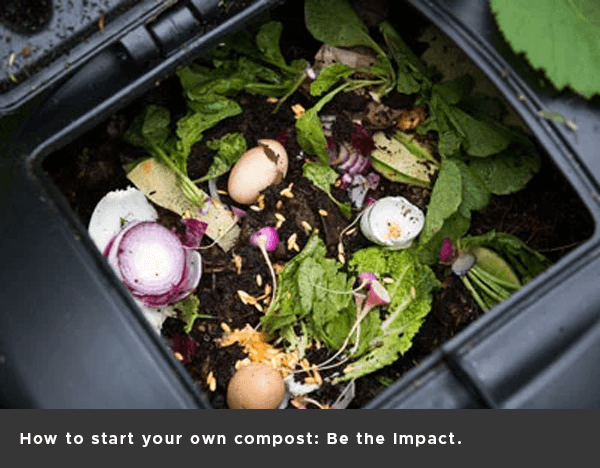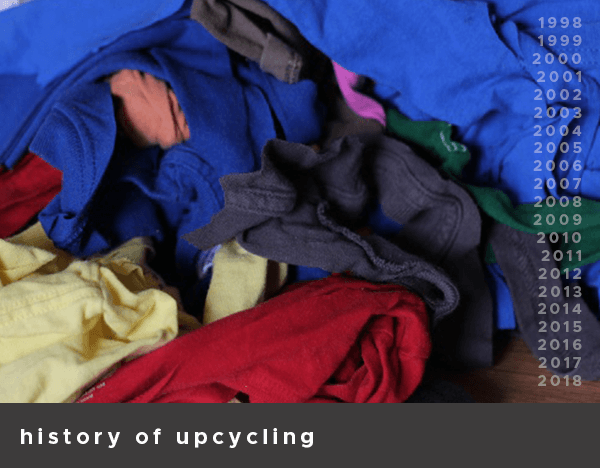Sustainability Tip: Get the Dirt on Composting!

Whether you throw your food in the garbage or you throw it in the compost doesn’t matter... It’s just decomposing either way, right? WRONG.
The decomposition of food scraps in landfills creates methane gas, which can hold 25 times more heat than carbon dioxide. So, what does that mean? Methane gas molecules are far more potent contributors to global climate change than carbon dioxide. Landfills create approximately 50% methane and 50% carbon dioxide, while composting creates approximately 100% carbon dioxide. Food scraps are the number one material sent to our nation’s landfills, which are constantly filling up and expanding. On the enormous scale of our nation’s trash, food scraps in landfills are significant contributors to global climate change.
Further, it’s expensive to truck all of that waste around. For example, in 2013 one third of trash generated in New York City was food scraps. This trash went to Pennsylvania, Ohio, and South Carolina, which cost the city $336 million. By 2013 estimates, city-wide composting could literally save New York over $100 million and even make the city some money through sales. New York has since developed a city-wide composting program, inspired by areas such as San Francisco, which diverts 80% of the city’s waste through curbside recycling and composting programs.
Composting doesn’t only look good by the numbers. Adding compost to gardens and agriculture enriches soil, helps retain moisture, suppresses plant diseases and pests, and encourages the production of beneficial soil bacteria and fungi.
That’s all more than impressive to us at Recover, which is why we are adamant about the composting program at our headquarters. We also use 100% corn-based compostable packaging for Recover’s stylish apparel and accessories.
The kinds and amounts of packaging companies use is a good way to identify any “greenwashing.” If there’s a lot of packaging and it’s plastic, it’s simply not environmentally friendly, nor socially responsible. At Recover, every detail of our process and products is considered, and that’s why you can literally throw any of the minimal packaging you receive with your Recover gear in your compost.
Check out our next Recover Sustainability Tips in two weeks to learn how to start your own compost…. Be the impact!






